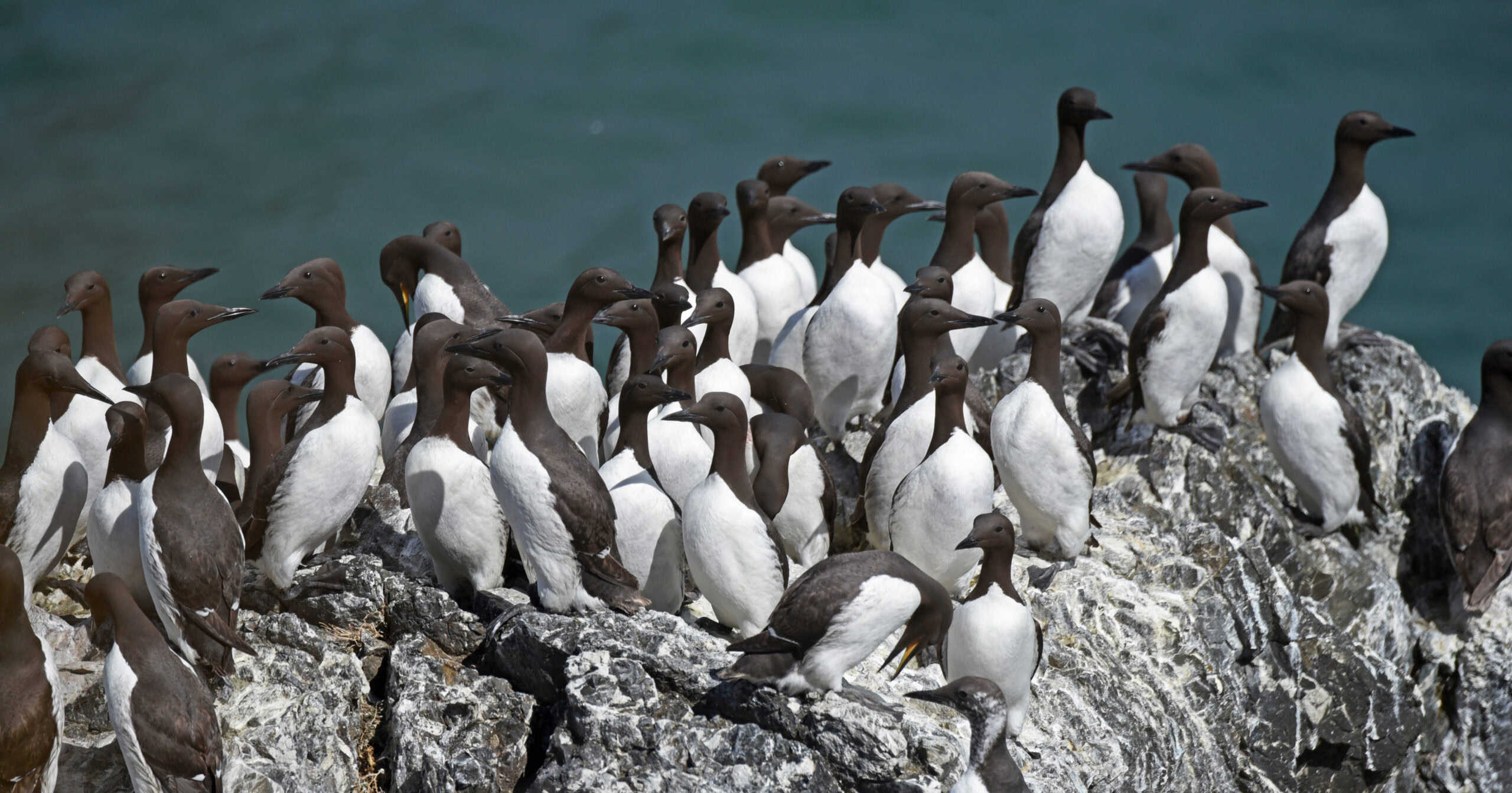Share this article
Zinke defends infrastructure, energy plans in hearings
Interior Secretary Ryan Zinke appeared before the the Senate Committee on Energy and Natural Resources and the the House Natural Resources Committee last week to testify on the department’s proposed $11.7 budget for fiscal year 2019.
Both hearings focused largely on infrastructure funding and energy development. At the Senate hearing, a proposed reduction in offshore royalty rates from 18.75 to 12.5 percent was a particular point of contention.
Sen. Bill Cassidy (R-LA) expressed concern that the change would reduce available funding for programs that rely on energy royalties, including the Land and Water Conservation Fund. The proposed Recovering America’s Wildlife Act and the Public Lands Infrastructure Fund would also rely on revenue from new energy leasing to address the department’s $11.6 billion in maintenance backlogs.
Zinke countered that “You lower the royalties, you make [offshore development] more attractive, production increases, and revenue in some cases can increase.” He was clear, however, that the final analysis of the recommendation is forthcoming and ongoing leasing will apply the current royalty rate.
Sen. Ron Wyden (D-OR) also criticized the proposed reduction of the Land and Water Conservation Fund from $400 million to $8 million, calling it a “virtual elimination” of the fund. The fund is the primary source of federal funding to purchase land for conservation and public access.
Zinke defended the reduction, saying that instead of land acquisition, Interior will focus on “energy, conservation, reorganization and rebuilding our parks system, our national wildlife refuge system and our Indian education opportunities.”
Both hearings addressed confusion surrounding a possible exemption for Florida from a proposed five-year plan to open 90 percent of federal waters off the U.S. coasts to oil and gas drilling. The day after the plan was announced, Zinke tweeted that the state would be “off the table” for drilling following a private meeting with Florida Gov. Rick Scott. Members of Florida’s congressional delegation have since proposed a bill (H.R. 5014) that would codify Zinke’s tweet by establishing a moratorium on drilling for the majority of the state’s coasts until 2022.
Other coastal states have expressed opposition to the plan and seek a similar exemption, including Washington, California and Virginia. Whether Florida is indeed excluded from drilling on the basis of a tweet, however, was a source of confusion.
Zinke said the leasing agency, the Bureau of Ocean Energy Management, is required to review all offshore resources, including Florida’s, but the state’s opposition will be considered in the analysis and he expects no leasing will be permitted there.
“My commitment is that we won’t do any more oil and gas platforms off the coast of Florida,” he said, in response to questioning by Rep. Darren Soto (D-FL).
“Legally, there’s a process that we go through,” he said, “but my commitment is the same as I made to the [Florida] government.”
Zinke said opposition from other states also will be taken into account during the final analysis. The first draft of the five-year drilling plan is expected to be released late fall.
Rep. Don Beyer (D-VA) asked Zinke for the rationale behind the proposed elimination of the Cooperative Endangered Species Conservation Fund, which provides grants to states and territories to implement conservation programs for candidate and listed species. Zinke said the department is “focusing the grants right now on wildlife corridors and public access.”
Rep. Rob Wittman (R-VA) commented on the Keep America’s Refuges Operational Act (H.R. 3979), which would reauthorize the National Wildlife Refuge System’s volunteer, community and education programs. The bill passed in the House, and Wittman asked for Zinke’s support “as it makes its way through the Senate.”
Header Image: Interior Secretary Ryan Zinke testified on the department’s proposed budget before Senate and House committees. ©wbeem








